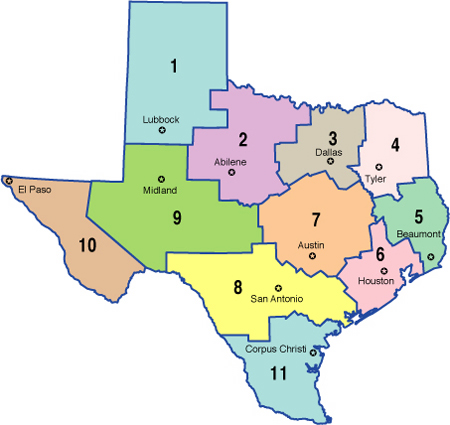Welcome to the DFPS Youth Housing Program!
You’ve come to the right place for housing information for Transition Aged Youth (TAY) with foster care involvement:
- Whether you are a case worker, staff or community member, public housing authority, or a transition aged youth exploring on your own, we are here to help.
- Let’s work together on discussing your housing options, completing a housing plan, and taking action steps to secure your safe and affordable home.
Click on one of the following to get started. I am a...
Regional Housing News & Updates

Click on the map to get the latest housing news in your area. Not sure which region you’re in?
Find your DFPS region.
Highlights
Last updated February 19, 2025
- DFPS Housing Program planning to provide training on Foster Youth to Independence (FYI) for HUD office covering Texas.
- Staff and community members may join the new virtual Coffee Talks on Fridays to get your questions answered!
About the Program
The DFPS Youth Housing Program provides information to help youth transitioning from foster care to successful adulthood, including housing and rental assistance options. For eligible young adults (18 years of age up to 24), housing rental assistance programs should be a top priority. [read more]
The information on this page is subject to change without notice. Please contact the local Public Housing Authorities or the DFPS Youth Housing Program for the most up to date information regarding the program.


